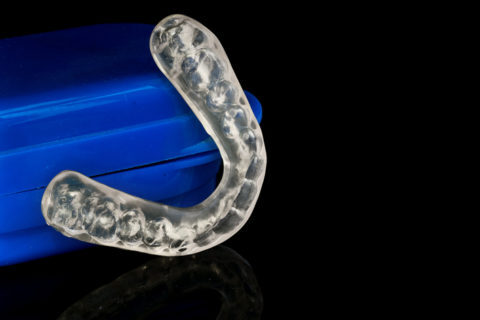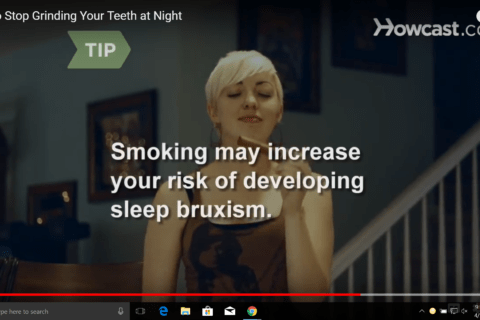DOES STRESS CAUSE TEETH GRINDING?
Bruxism, also known as teeth grinding, can be a serious condition. It can affect the shape and function of the teeth and gums, if it persists and is left untreated. Bruxism in Belmont often occurs while patients are asleep, so they may not even realize they are grinding their teeth until they notice the various side effects, like headaches and receding gums. This factor may also influence the various causes of bruxism, including stress.
According to the Bruxism Association, the causes of teeth grinding are not always known. However, there are many theories that certain sleep disorders, lifestyle habits, and stress can influence patients’ teeth grinding. Many patients who suffer from daily stress—due to their work situation, mental health, and other stressful factors—have reported severe teeth grinding while awake and especially while they sleep. There are certain medications and destressing activities that may positively influence patients’ bruxism habits. However, a dentist should be consulted for professional diagnosis and treatment, which may include wearing a customized oral appliance while sleeping.



